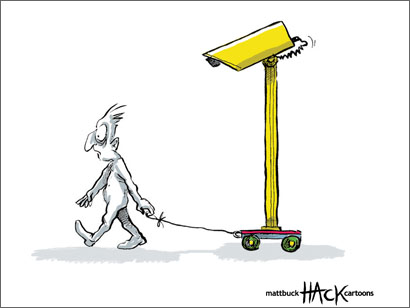If…
1. Rupert Murdoch revives the News of the World, but online-only.
2. Nick Davies loses his job at the Guardian, but joins the revived News of the World as part of its investigative team.
3. The Guardian poaches the “fake sheikh” Mazher Mahmood from the Sunday Times.
4. A trend develops for floundering local newspapers to be bought out by local entrepreneurs, returning control and vested interest to their communities.
5. The Leveson inquiry into the culture, practice and ethics of the UK press concludes nothing needs to be done about unethical and/or illegal media practices, as they are redundant because everyone is publicly revealing everything about themselves on social media sites like Facebook anyway.
6. Journalists are officially declared to be bloggers, thereby ending a perennial (and very tedious) debate.
7. The Guardian launches a paywall.
8. Richard Desmond, founder of Northern & Shell and owner of Express Newspapers is knighted in the New Year Honour list and becomes chair of the Press Complaints Commission (PCC).
9. Wikileaks founder Julian Assange is awarded the Presidential Medal of Freedom and is appointed National Security Adviser to the Obama administration.
10. Facebook buys the Daily Mail, as part of a number of strategic acquisitions of ‘accordant’ news outlets throughout the world.
Thanks to Matt Buck for permission to use his excellent cartoon.

